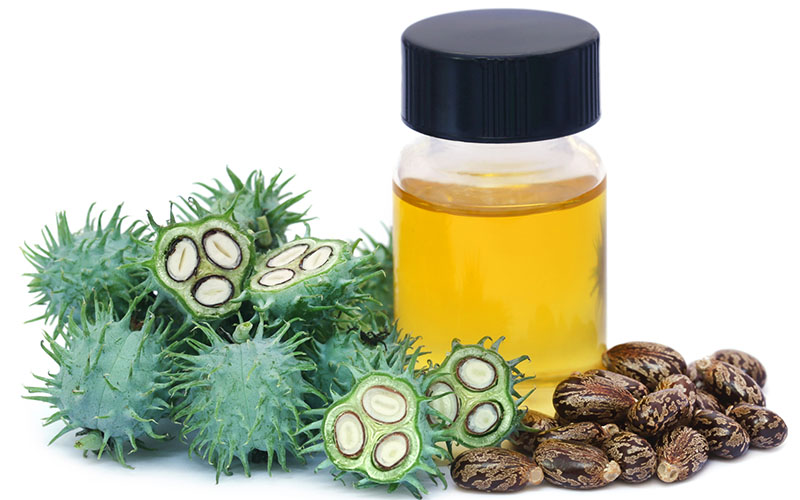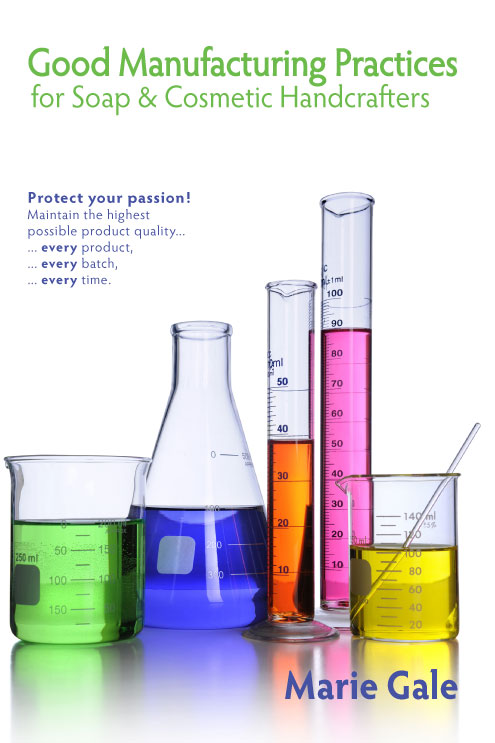I was recently asked about castor oil, and whether there was a need to buy “detoxified” castor oil for use in soap. I’ve used castor oil in my soap for a long time because it makes marvelous creamy lather (at a use level of 4% to 10%). Even so, I did some checking into the toxicity issue.
According to the Wikipedia Castor Oil article, the raw castor seed contains ricin, a toxic protein. Heating during the oil extraction process denatures and inactivates the protein. Apparently even “cold pressed” castor oil is subsequently heated.
CastorOil.in has a huge amount of information about castor oil, including information on the extraction process which explains the different types of extraction and other processes that may be used to purify the oil.
The CDC has a page about Ricin, the toxin that is contained in the castor beans. It discusses ricin poisoning and how ricin is made, but there is absolutely no mention of ricin poisoning from castor oil—only from eating raw castor beans or being exposed to ricin manufactured from the waste material left over from processing castor beans.
I also found an in-depth article about the castor bean plant, The Castor Bean: A Plant Named After a Tick. It’s a pretty amazing plant! The article says:
There is no indication that any castor oil on the market contains residual ricin or is toxic (although overuse as a laxative can cause problems).
Types of Castor Oil
Castor oil be additionally processed to remove the odor (“deodored”) or the color (“bleached”) or to remove free fatty acids.
Castor oil is considered by the FDA as GRAS (generally regarded as safe) and is approved for use in foods and also for OTC drugs (laxatives and facial preparations).
“Detoxified” Castor Oil
Based on all of that, my guess is that someone using the term “detoxified” castor oil is doing so as a scare tactic to sell more of their product. It could be done intentionally, or they could be confusing it with castor oil that has been additionally processed.
Castor Oil in Soap
The castor oil available to most soapmakers in usually food grade. It is certainly safe for use in soap, and probably good enough to take internally, if you need a really good laxative! It’s a great addition to cold-process soap. I wouldn’t make soap without it!
Good Manufacturing Practices
Part of GMP is making sure that you have specifications in place for each of the ingredients you use. In the case of castor oil, you should be sure to specify whether you want the castor oil you use to be deodorized, bleached, or otherwise processed (or not). Most likely, you’d also want to specify that it is “food grade.”
Another part of GMP is having approved suppliers for each ingredient.
By having both these things in place, you can be certain that the castor oil (or any other ingredient) is of the quality you expect. If you need a new supplier, you have the specifications in place to ensure that you are getting the same quality of ingredient from the new supplier that you need and expect for producing the same quality of soap as you have made in the past.




Leave a Reply